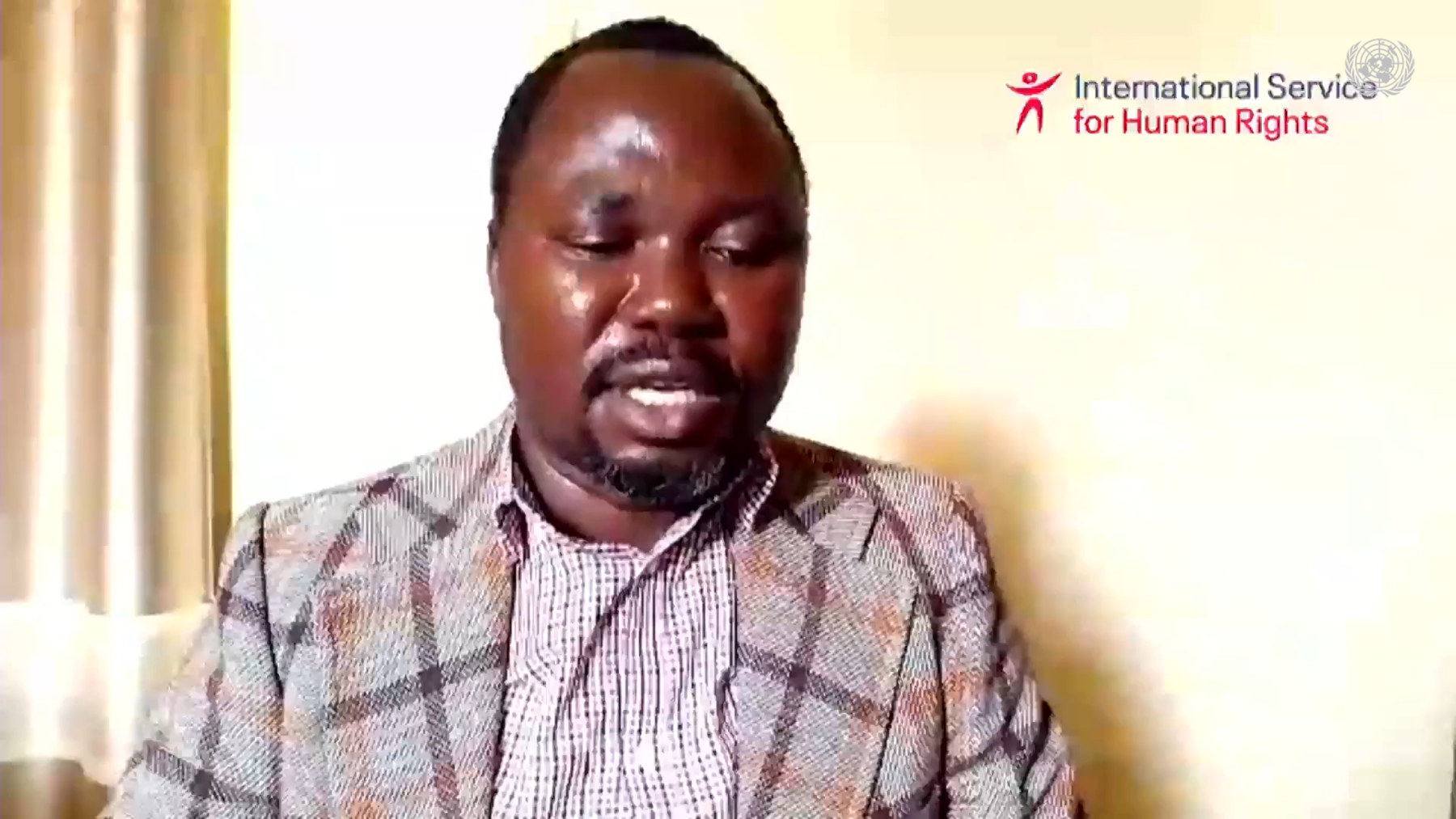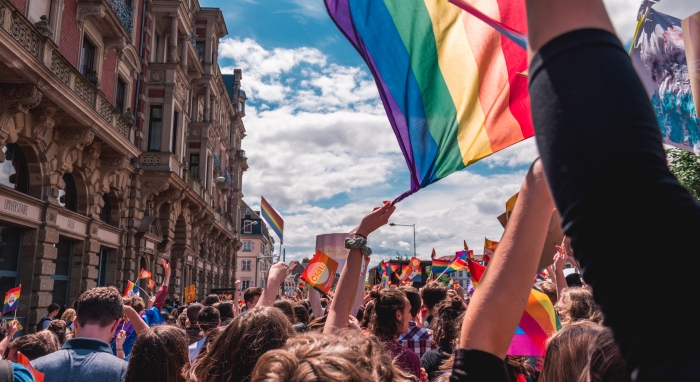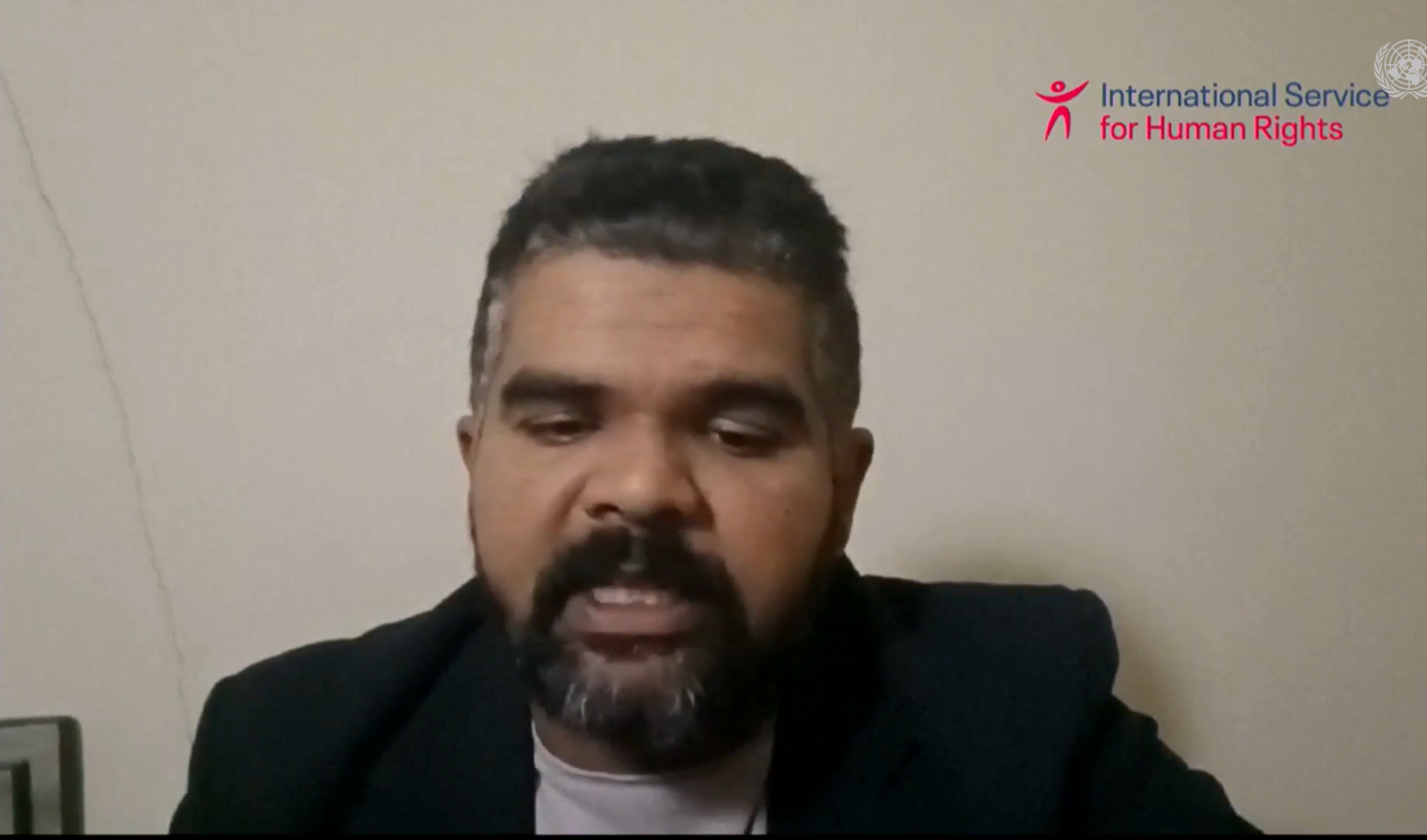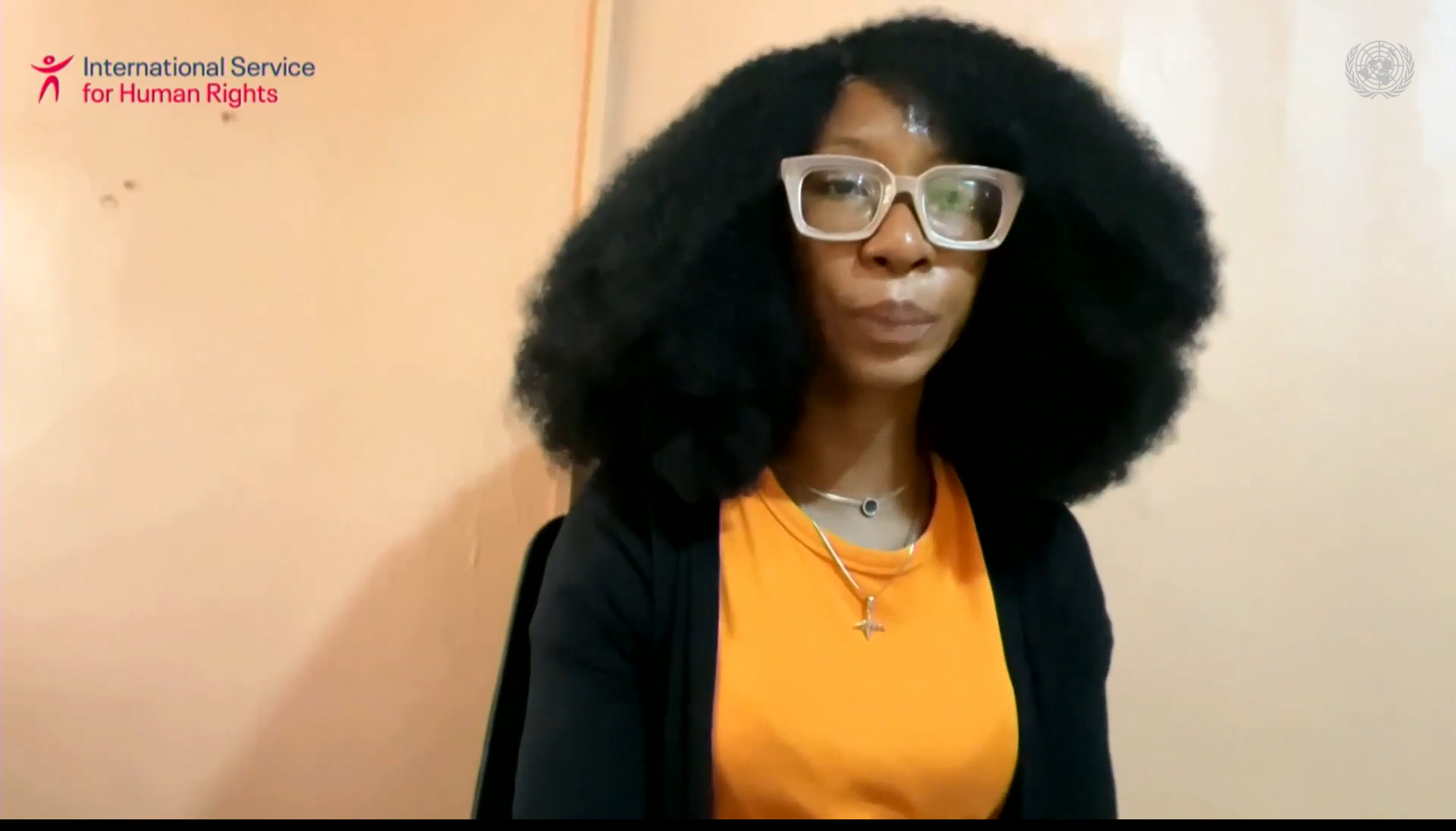So much can change in just ten years.
Certainly, in the past ten years we have witnessed seismic advances in the recognition of rights of LGBTI persons at the United Nations Human Rights Council.
In June 2011, exactly ten years ago, South Africa led a coalition of States requesting the UN High Commissioner for Human Rights to document “discriminatory laws and practices and acts of violence against individuals based on their sexual orientation and gender identity (SOGI)”.
This was the first time a UN human rights body passed a resolution on the rights of our communities. The call was supported by countries from all regions of the world, which meant that a majority of the Council demanded an investigation into the way international human rights law can be used to end violence and abuses against people on the grounds of their sexual orientation and gender identity.
The resolution resulted in a report published in December 2011, in which the UN, for the first time, documented human rights violations against people of diverse sexual orientation and gender identities. The world had to listen.
At the time LGBTI human rights defenders commented that by “publishing this report the United Nations has unequivocally affirmed that the protections guaranteed by the Universal Declaration of Human Rights apply to each and every one of us.”
It took a long time to get there. It started in 1984 when more than 1000 LGBT persons marched towards the UN headquarters in New York demanding an end to violence and to discriminatory immigration laws, as well as the declassification of homosexuality as a disease.
Six years later, on 17 May 1990, the World Health Organisation – a UN agency – finally said it loud and clear: homosexuality is not a mental illness. We continue to celebrate the International Day against LGBTI-phobia on that day! However, it fell short in making the same move when it comes to trans identities – such declassification would only be achieved in 2018 and officially adopted one year later.
Since that moment, our communities have continued to express themselves and have their voices heard within the UN. LGBTI organisations have been providing information and data, engaging with and taking the floor with UN human rights bodies. In 1994, the UN Human Rights Committee ruled that sodomy laws violate international laws. One year later, lesbian women were an important presence at the Beijing World Conference on Women. In 2008, 66 member States openly declared their concerns about violations of rights based on SOGI. And in 2011, Colombia led 85 States in a statement urging the Human Rights Council to address these important human rights issues.
The first adopted SOGI resolution, however, marked a significant turning point. Since that moment, the UN has continued to issue reports documenting human rights violations against our communities, and over the years, activists have continued to speak proudly and openly in UN meetings, pushing for change on the ground.
In 2014 a second resolution followed, this time led by a core group of Latin American States. And in 2016, another milestone was reached: the UN created a specific mandate to address violence and discrimination on the basis of sexual orientation and gender identity. The Council then voted to renew this crucial human rights expert’s position in 2019, with a record number of supporting votes and co-sponsorship by 52 States from all regions of the world. The renewal of the SOGI mandate was supported by 1,312 civil society organisations from 174 States and territories, showing how crucial the SOGI mandate has been in the work of our communities around the world.
In 2020, in another historic first, 36 States from all regions of the world came together during the 45th session of the Human Rights Council to call on all States “as a matter of urgency, to protect the autonomy of intersex adults and children and their rights to health, and to physical and mental integrity so that they live free from violence and harmful practices”, as stated by the Permanent Mission of Austria on behalf of the 36 States. The cross-regional joint statement is a landmark in the work of the Council on raising awareness about the human rights of persons of diverse sex characteristics.
Today, during the 47th session of the UN Human Rights Council, States came together and announced the formation of a Group of Friends of the mandate of the UN Independent Expert on SOGI: an important commitment to continue focus on specific human rights situations facing our communities, and to defend their rights from mounting attacks and hostility.
“The Group is “an informal partnership of countries composed of 27 States* working together proactively in the context of the Human Rights Council in support of the work of the mandate of the Independent Expert on SOGI”, as stated by the Permanent Mission of Argentina during the Interactive Dialogue with the mandate holder today on behalf also of Chile and Uruguay.
The Group aims to support the work of the Independent Expert on SOGI (IE SOGI), make collective statements, organise and co-sponsor events to raise awareness about violence and discrimination on the basis of sexual orientation or gender identity, make collective diplomatic efforts for the renewal of the mandate, and cooperate and support the work of civil society partners.
In the report presented today, the IE SOGI provides an analysis of the current state of international human rights law in relation to the recognition of gender, and gender identity and expression, in connection with the struggle against violence and discrimination in its different forms.The report also concludes that gender-based approaches and legal recognition of gender identity and expression provide the human-rights based framework to fulfill those duties in international law.
Reacting to the report, the Permanent Mission of Uruguay, on behalf of the Group of Friends welcomed its presentation and said that it “contributes to a better understanding of the existing connection between the equal enjoyment of human rights by womens, girls, LGBT, and gender diverse and intersex persons, considering that violence and discrimination against persons belonging to these groups have common root causes” and also stated that “we highlight the importance of advancing legal gender recognition based on self-identification.”
As we look forward, we will continue to work together toward enhanced respect, dignity, equality and a world free from violence and discrimination for our communities, for everyone!
* Argentina, Chile, Uruguay, Australia, Austria, Belgium, Canada, Costa Rica, Denmark, Greece, Finland, Germany, Iceland, Israel, Ireland, Italy, Liechtenstein, Luxembourg, Malta, Mexico, Norway, Netherlands, Portugal, United Kingdom, United States, Sweden, Switzerland.




